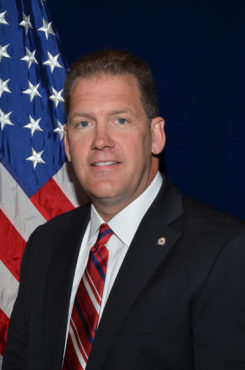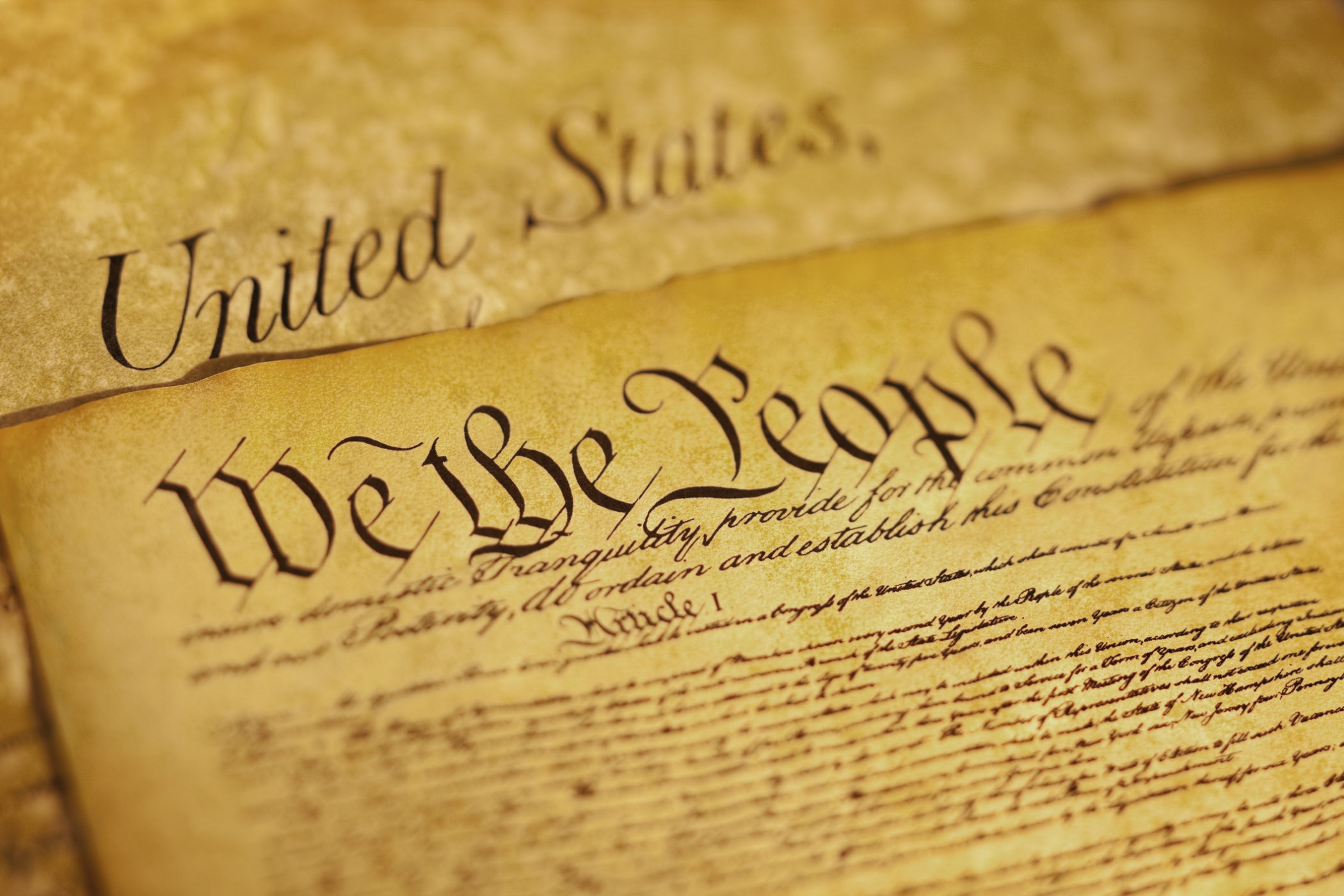Dear Editor,
Chief Mark Keel of the South Carolina Law Enforcement Division has stood in strong opposition to the State’s efforts to legalize “medical” marijuana. His opposition is based on a number of factors that have been experienced in states that legalized marijuana including increases in youth usage, increases in impaired driving, drug diversion, drug abuse, and many, many others. Above all, Chief Keel insists he cannot support any form of legalized marijuana if it causes him to violate his Oath of Office; which is to “preserve and protect and defend the Constitution of this State and of the United States.” The Sheriffs of South Carolina wholeheartedly agree with Chief Keel, both in his opposition to “medical” marijuana and in our allegiance to the Oath we took.
We could debate the pros and cons of legalizing “medical” marijuana all day. In the end, however, no decision the South Carolina General Assembly makes will change the fact that marijuana remains federally illegal throughout the United States. In other words, the fact that marijuana is illegal is the “supreme law of the land” in our country.
Interestingly, that is the exact same basis for the United States Department of Justice lawsuit (joined in by S.C. Attorney General Alan Wilson and 18 other states) against the State of California regarding the State’s immigration laws and support for sanctuary cities. USDOJ’s argument is that the federal immigration laws are the supreme law of the land regardless of state laws. Simply put, sanctuary cities are illegal even if the state legislature disagrees. This position is based upon Article VI of the United States Constitution, referred to as the Supremacy Clause, which reads as follows:
All debts contracted and engagements entered into, before the adoption of this Constitution, shall be as valid against the United States under this Constitution, as under the Confederation.
This Constitution, and the laws of the United States which shall be made in pursuance thereof; and all treaties made, or which shall be made, under the authority of the United States, shall be the supreme law of the land; and the judges in every state shall be bound thereby, anything in the Constitution or laws of any State to the contrary notwithstanding.
The Senators and Representatives before mentioned, and the members of the several state legislatures, and all executive and judicial officers, both of the United States and of the several states, shall be bound by oath or affirmation, to support this Constitution; but no religious test shall ever be required as a qualification to any office or public trust under the United States. (Emphasis added.)
We agree with this assessment, not only in relation to sanctuary cities, but also in regards to federal laws on marijuana. Unless and until the federal government changes its position on the legality of cannabis, law enforcement must remain in strong opposition to the State’s efforts to legalize otherwise illegal forms of marijuana due to the fact that we are legally bound to, “preserve and protect and defend the Constitution of this State and of the United States.” While it is true that state and local law enforcement do not necessarily possess the authority to enforce federal laws, we absolutely cannot turn a blind eye when those laws are violated.
It should be noted that Chief Keel and the 46 Sheriffs of South Carolina, as well as all their deputies, are not the only individuals bound by this Oath of Office, the wording of which is expressly mandated by our own South Carolina Constitution. Each Member of the General Assembly, all judges in our state, solicitors, members of the bar, and the Governor have also taken the same Oath. The passage and enforcement of the proposed “medical” marijuana legislation could ultimately require most, if not all, of these persons to violate their Oaths of Office.
So, while the Sheriffs of South Carolina have extreme compassion for those who are suffering from debilitating illnesses, we cannot endorse or even ignore the attempt to provide relief through illegal methods. If cannabis has medicinal benefits, it should be treated and regulated in the same manner as all other medicine is in the United States, which is through legitimate research and oversight by the Federal Drug Administration. To date, however, the FDA has found no medicinal value to cannabis.
In conclusion, we urge the Members of the South Carolina General Assembly to join Chief Keel and the Sheriffs of South Carolina as we stand in support of our Oath of Office, the Constitution of our own state and the Constitution of our United States, which is the supreme law of the land.
Sincerely,

Sheriff Barry Faile
South Carolina Sheriffs’ Association President
***
WANNA SOUND OFF?
Got something you’d like to say in response to one of our stories? Please feel free to submit your own guest column or letter to the editor via-email HERE. Got a tip for us? CLICK HERE. Got a technical question or a glitch to report? CLICK HERE. Want to support what we’re doing? SUBSCRIBE HERE.
Banner: Getty
